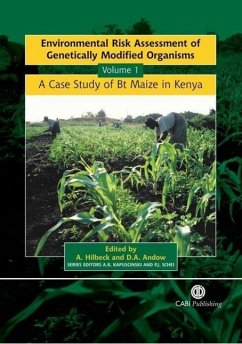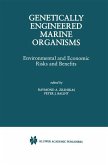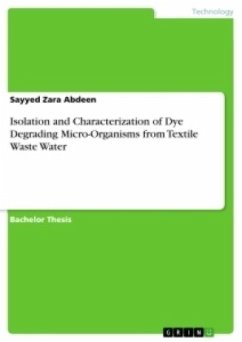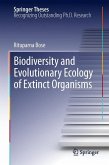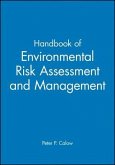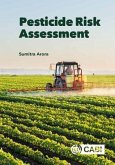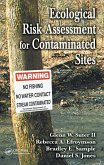Many international forus have identified the need for comprehensive, transparent, scientific methods for the pre-release testing and post-release monitoring of transgenic plants to ensure their environmental safety and sustainable use. There is also wide recognition that the regulatory and scientific capacity for conducting assessments needs to be strengthened worldwide. In response to these requirements, a GMO Guidelines Project was established under the aegis of the International Organization for Biological Control, to develop biosafety testing guidelines for transgenic plants. This book is one output of this project, and focuses on transgenic maize in Kenya. Such maize includes genes transferred from the bacterium bacillus thuringiensis (Bt), which code for proteins which are toxic to some insects. The book addresses both environmental and agricultural impacts, but does not evaluate human health impacts or ethical implications. It draws out some general risk assessment guidelines, but demonstrates the need for case-by-case analysis.
Hinweis: Dieser Artikel kann nur an eine deutsche Lieferadresse ausgeliefert werden.
Hinweis: Dieser Artikel kann nur an eine deutsche Lieferadresse ausgeliefert werden.

